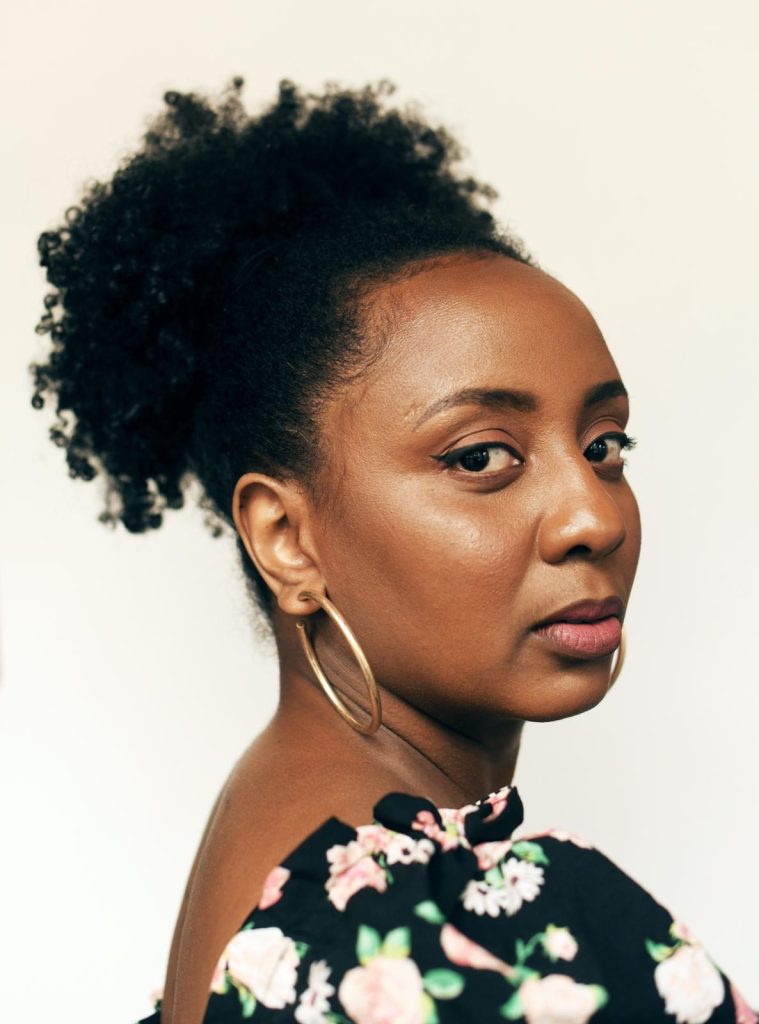Community Spotlight – Fatima Tarkleman, Development Chef
Meet Fatima Tarkleman, a no-waste queer development chef and fermentation enthusiast of mixed Asian-African descent. Fatima runs her Instagram page, where she posts incredible recipes and more recently, spreads ADHD awareness.
We spoke to Fatima about her many exciting career ventures, the importance of acknowledging mental health in the industry and her love for food and culture.
.
Tell me a bit about yourself…
My name is Fatima Tarkleman. I’m a mixed-race queer chef, living in South London. Before I was a chef, I worked as an occupational therapist in the NHS and social services for 10 years, specialising in dementia care and older adult rehabilitation. Now, as a chef, I have special interests in cross-cultural cooking, fermentation practices, and improving mental health within the hospitality industry. I also run an Instagram where I post mostly food related content.
.
Can you tell me about your career in hospitality and what you do?
I was quite worried about turning food into my job, but it was what gave me joy.
I first started at a small vegetarian café at a Buddhist Centre in Elephant & Castle, but it wasn’t challenging enough for me. Then Imoved into casual fine dining at The Dairy in Clapham before working at the gastropub, Camberwell Arms. While it definitely opened my eyes to issues in ways kitchens can be run, I learnt a lot about presentation and reducing waste.
Then COVID happened and I could no longer rely on restaurants for work, so I kept myself busy. Lockdown was as an opportunity to learn and develop. I started my Instagram, putting my food on there as a type of online CV.
I quickly built a community of queer, female chefs and found jobs through the platform. From that, I developed and wrote recipes for sustainable Vegbox delivery companies, did online workshop work with Black Girls Bloom and some private cheffing as well. I also founded a project called Kitchen Culture, bringing together women from across the migrant diaspora to put together recipes that considered food waste and fermentation from different cultures.
In the background to everything, I have been working on a collaborative cookbook with 29 people of colour women or non-binary chefs, sharing recipes to waste less. The book includes sustainable recipes passed down from the people in their personal lives that first inspired them to cook. It’s a way to bring cultural practices and sustainability together.
I’ve also been working on my first pop-up at a queer coffee shop, Atlas Grind. Launching in July, the food I make will have waste reduction at its core.
.
How do you stay motivated/driven as a chef in the industry?
I’m not going to lie, motivation can be a struggle, especially having recently been diagnosed with ADHD. I would say, by tasting as many things as I can. As eating out has become more expensive, I try other people’s recipes through cookbooks.

So, when I’m feeling a bit devoid of inspiration, I use them to try a technique or flavours I haven’t tried. Also workshops and events really help, such as the Butchery course I went on, organised by Be Inclusive Hospitality. I immediately started to think about what I wanted to do with those skills. So, I’d say that experimentation, through fermentation and other ways and learning new skills definitely help me to stay motivated.
.
Do you have a proudest career moment you can identify?
Off the back of the collaborative book project, our group, called Kin-Spiration, were hired by Kew Gardens last year, to be part of their food futures programme. Where we took over this massive stretch tent, gave out samples and talked about our Kin-Spiration, i.e. the kin that inspired us. It was a lovely exchange with the public, with great feedback from the public and the chefs. Everyone felt really valued and had a lot of fun.
.
Have you encountered any career challenges to date?
I mean, my experience of the challenges in hospitality have been quite shocking. I’ve experienced significant sexism, racism as well as endorsed bad behaviour in the workplace.
I had a point in my career where I was working somewhere that I really liked. I had a massive crash in my mental health and having only taken 3 days off, my employers accused me of being unreliable and not wanting to work. It was a very bad experience, which was such a shame, because it was actually a really good job. So, to see them be so punitive with mental health was really hard.
Another challenge was last year, when I became the lead development chef at a queer venue in Brick Lane, Glass House. As a queer chef, it was a rare opportunity to learn in a queer space. So, I worked for that for nine months, but they suddenly realised they couldn’t afford to open due to the cost-of-living crisis. I was so close to having my own menu in a truly intersectional queer space that allowed me to lean into sustainability and culture. That was really hard for me.
.
The future of hospitality is…
I would like to see better mental health practices in kitchens and training for managers on how to properly manage staff.
On a more positive note, I can see us in the UK, going the way of pop-ups which is really exciting as it gives chefs a great opportunity and way to cope during a time when many restaurants are struggling.
Read more interviews here.
